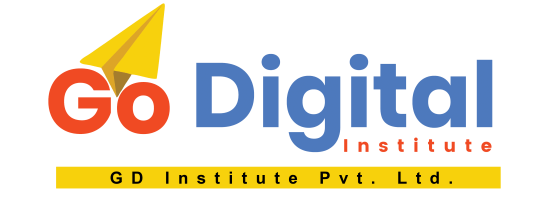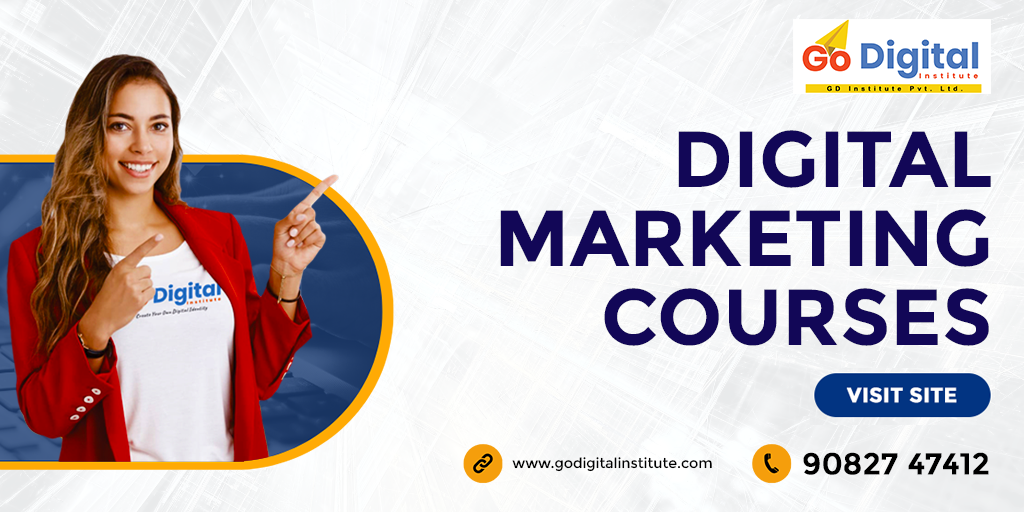Digital Marketing Courses
Various online platforms, universities, and institutes offer digital marketing courses. When choosing a digital marketing course, consider factors such as course content, instructor reliability, learning flexibility, certification value, and cost.
- Google Digital Garage: This is Google’s online learning platform where you can find various courses on digital marketing fundamentals, Google Ads, Google Analytics, and more. You can visit the Google Digital Garage website at https://learndigital.withgoogle.com/digitalgarage.
- Google Ads Certification: For information about Google Ads certifications and to enroll in Google Ads courses, you can visit the Google Ads certification page at https://skillshop.exceedlms.com/student/catalog/browse?category_ids=3-google-ads-certification.
- Google Analytics Certification: To learn about Google Analytics certifications and access Google Analytics courses, you can visit the Google Analytics certification page at https://skillshop.exceedlms.com/student/catalog/browse?category_ids=2-google-analytics-certification.
Best Digital Marketing Courses with Certificates & Placement.
Digital marketing courses refer to the promotion of products, services, or brands using digital channels and technologies. It encompasses various online strategies and tactics to reach and engage with target audiences, drive website traffic, generate leads, and ultimately, achieve marketing objectives. Digital marketing courses leverage the internet, mobile devices, social media platforms, search engines, email, and other digital channels to connect with consumers meaningfully and impactfully.
Key components of digital marketing Courses:
- Search Engine Optimization (SEO): Optimizing websites and content to rank higher in search engine results pages (SERPs) organically, thereby increasing visibility and driving organic traffic.
- Content Marketing: Creating and distributing valuable, relevant, and consistent content to attract and retain a target audience, with the goal of driving profitable customer action.
- Social Media Marketing: Utilizing social media platforms (e.g., Facebook, Twitter, Instagram, LinkedIn) to promote products or services, engage with audiences, build brand awareness, and drive website traffic or conversions.
- Email Marketing: Sending targeted emails to a list of subscribers or customers to nurture relationships, promote products or services, and encourage repeat business or conversions.
- Pay-Per-Click Advertising (PPC): Running paid advertising campaigns on search engines or social media platforms, where advertisers pay a fee each time their ad is clicked. This includes search engine advertising (e.g., Google Ads) and social media advertising (e.g., Facebook Ads).
- Affiliate Marketing: Partnering with other businesses or individuals (affiliates) who promote products or services in exchange for a commission on sales generated through their referral efforts.
- Influencer Marketing: Collaborating with influencers or individuals with a large and engaged following on social media platforms to promote products or services to their audience.
- Mobile Marketing: Optimizing marketing efforts for mobile devices, including mobile-responsive websites, mobile apps, SMS marketing, and location-based marketing.
- Analytics and Data-driven Marketing: Collecting and analyzing data from digital marketing campaigns to measure performance, gain insights into audience behavior, and make data-driven decisions to optimize future marketing efforts.
Digital Marketing Courses 2024
Digital marketing offers businesses a wide range of tools and strategies to reach and engage with their target audience more effectively, drive brand awareness, generate leads, and ultimately, achieve their marketing objectives in the digital age.

There are numerous digital marketing courses available online & offline, ranging from beginner to advanced levels, offered by various platforms and institutions. Here are some popular options:
- Google Digital Garage: Google offers a free online course on digital marketing fundamentals through its Digital Garage platform. It covers topics such as search engine optimization (SEO), social media marketing, content marketing, and analytics.
- HubSpot Academy: HubSpot offers a variety of free digital marketing courses covering inbound marketing, content marketing, email marketing, social media strategy, and more. They also provide certifications upon completion.
- Coursera: Coursera hosts digital marketing courses from top universities and institutions worldwide. Some popular courses include the Digital Marketing Specialization by the University of Illinois, Social Media Marketing Specialization by Northwestern University, and Digital Marketing Master Track™ Certificate by Duke University.
- Udemy: Udemy offers a wide range of digital marketing courses catering to different skill levels and interests. Courses cover topics such as SEO, social media marketing, Google Ads, email marketing, and affiliate marketing. Look for courses with high ratings and reviews for quality content.
- LinkedIn Learning (formerly Lynda.com): LinkedIn Learning provides courses on digital marketing topics taught by industry experts. They offer courses on SEO, content marketing, social media marketing, digital advertising, and more.
- Digital Marketing Institute (DMI): DMI offers professional certifications in digital marketing, including the Certified Digital Marketing Professional (CDMP) and the Professional Diploma in Digital Marketing. These certifications are globally recognized and cover comprehensive digital marketing strategies and tactics.
- Simple-learn: Simple-learn offers a variety of digital marketing courses, including the Digital Marketing Specialist Program, Advanced Social Media Certification Program, and Masters Program in Digital Marketing. These courses cover a wide range of topics and provide hands-on experience through projects and case studies.

Digital marketing tools
Digital Marketing Courses Online
Before enrolling in a course, consider your current skill level, learning objectives, budget, and preferred learning format (self-paced vs. instructor-led). Additionally, research the course content, instructor credentials, and reviews to ensure it meets your needs and expectations.



